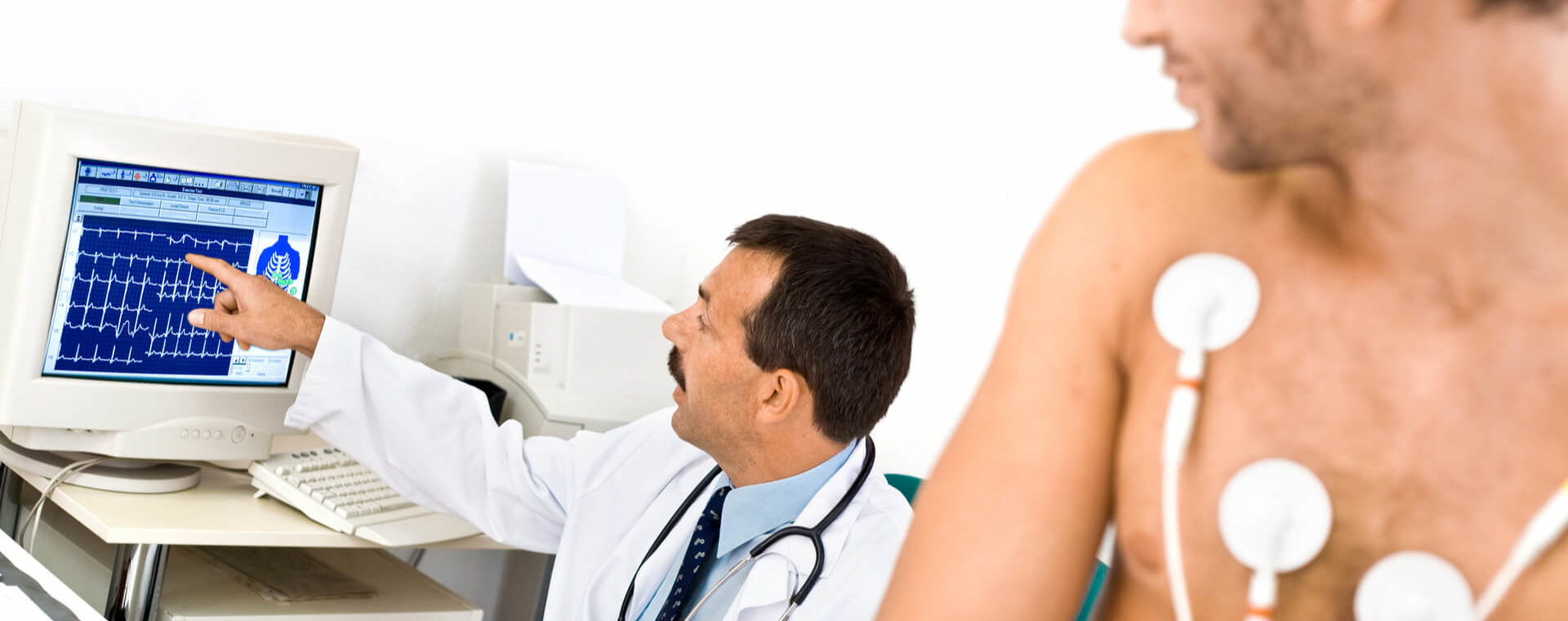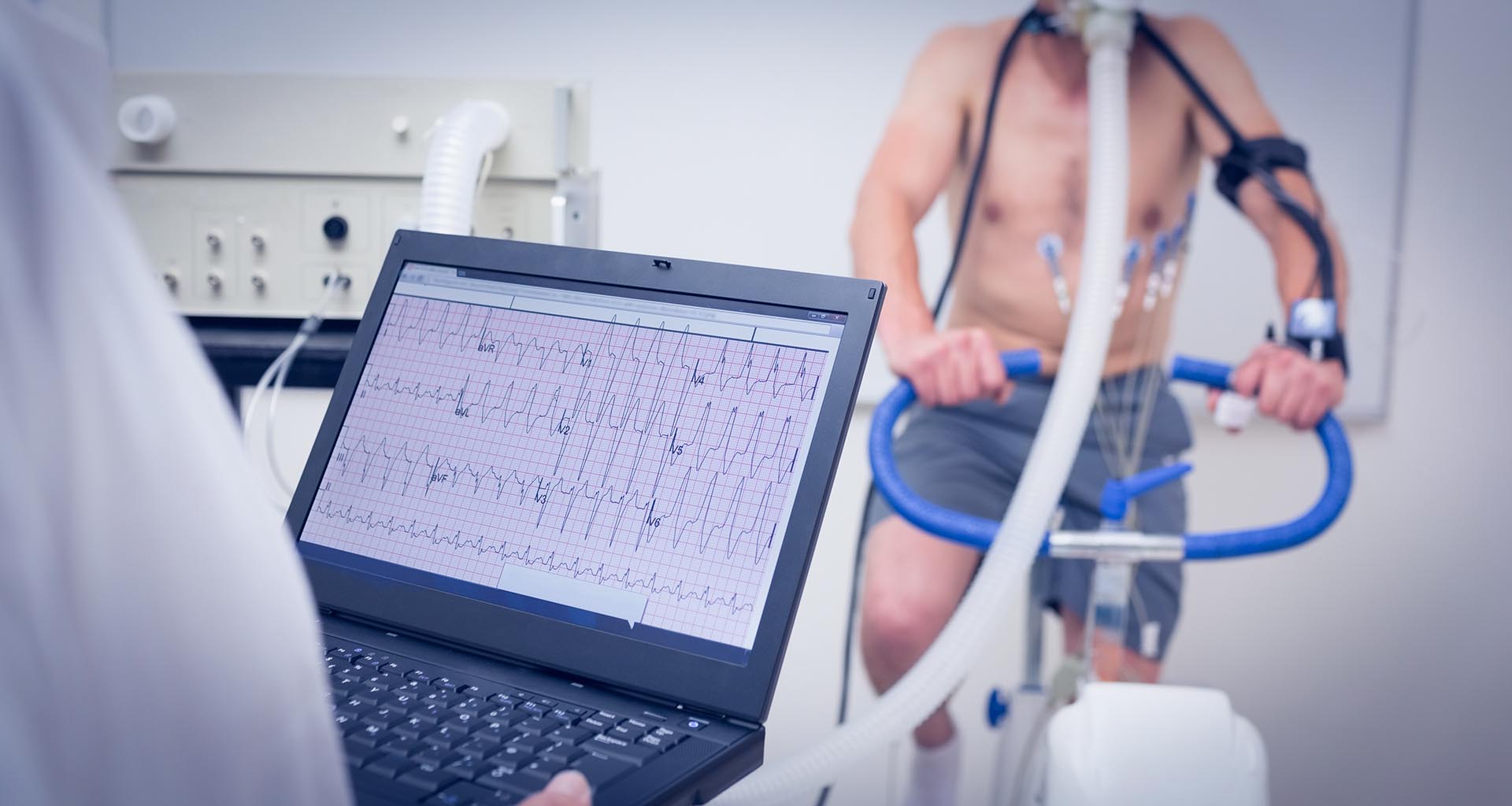
Nuclear Studies


At Carolina Cardiology & Vascular Associates, offer a personalized, multi-pronged approach to screening for heart disease. We employ advanced technology to attain information about cardiovascular health, enabling earlier detection of heart and vascular conditions and allowing treatment to begin at a stage when it can be most effective. Our West Columbia clinic is equipped to evaluate the cardiovascular system, using noninvasive techniques when possible, and provide the precise information required for an accurate diagnosis. Nuclear stress testing is one of the state-of-the-art tools we use to serve the men and women of South Carolina.
What Is Nuclear Stress Testing?
A nuclear stress test is a diagnostic test used to observe blood flow to your heart while at rest and while exercising. During the test, a small, safe amount of radioactive imaging agent is injected into a vein. A special camera (a gamma camera) detects the radiation emitted by the radioactive solution and uses it to produce pictures of your heart on an imaging machine. This process is done first while you are relaxed, then done a second time while you are active (typically walking on a treadmill or riding a stationary bicycle). The two sets of images are compared to identify irregularities.

What Are Nuclear Stress Tests Used For?
Common reasons to have a nuclear stress test include:
- To determine if you are at high risk for heart disease or complications
- To determine if heart disease is present
- To determine if further studies are required for a diagnosis
- To determine the appropriate treatment after a diagnosis
- To assess how well a treatment is working
- To evaluate recovery progress following a major cardiac event
- To develop a safe exercise program for you
Is There Any Preparation For Nuclear Stress Tests?
You will have a consultation with Dr. Bouknight before your test. He will ask you about the symptoms you’re experiencing, your medical history and your usual fitness routine. This helps determine the intensity of exercise that’s appropriate for you during the test. Dr. Bouknight will also provide you with instructions about how to prepare for your nuclear stress test. You may be instructed not to eat, drink, smoke or take specific medications for a period of time before the test. Avoid consuming caffeine for 24 hours before the test. On the day of your appointment, wear loose-fitting clothing that is easy to move in and comfortable walking shoes.
What Happens During a Nuclear Stress Test?
First, an IV will be placed into a vein and a small amount of radioactive tracer will be injected. You will wait while it travels through your body. Next, you will lay down on a scanning table and the gamma camera will be situated close to your chest. You will be asked to remain still while it takes pictures of your heart at rest.
In the second portion of the test, you will walk on a treadmill while your heart rate, blood pressure, electrocardiogram and breathing are monitored. The incline and speed of the treadmill will increase gradually until a target heart rate is reached or you develop symptoms that make you unable to continue. Near the end of the stress test, the radioactive tracer will be injected
Are There Risks Associated With Nuclear Stress Testing?
Although it may sound intimidating, nuclear stress testing is safe and complications rare. The radiation exposure from the test is small and not associated with any significant health risk. Symptoms such as dizziness, chest pain, arrhythmia, headache, nausea or shortness of breath can occur as a result of exertion during the exercise portion of the test. If you experience any concerning symptoms, notify the person performing the test right away. You will be monitored continuously throughout the test by experienced providers and the test will end if there is any indication that continuing could be unsafe.
What Results Can a Nuclear Stress Test Show?
The results of your nuclear stress test can indicate if your heart is not working properly while you are resting, exercising or both. Dr. Bouknight will compare the two sets of images from your test to assess blood flow through the arteries of your heart and the pumping function of your heart. If blood is flowing without obstruction, then your test is normal. If blood is not flowing well, you may have a blockage in one or more coronary arteries or tissue damage from a previous heart attack. An abnormal test may be followed by additional testing, changes in your medications or a surgical procedure to clear the blockage(s).
Do I Need a Nuclear Stress Test?
Dr. Bouknight may recommend a nuclear stress test if you have unexplained chest pain, shortness of breath or high risk factors for coronary artery disease. If you have already been diagnosed with coronary artery disease, a nuclear stress test can be helpful in developing a treatment plan or monitoring the progress of your current treatment plan.
Dr. Dan Bouknight is a compassionate physician with a simple goal: to help his patients lead a long, active and healthy life. If you have questions about cardiac testing at Carolina Cardiology & Vascular Associates, whether you are a current or prospective patient, please give us a call at (803) 888-2282 for more information.
Schedule Consultation
Schedule Consultation
Call us at (803) 888-2282 or fill out the form below to schedule a consultation with us!
[gravityforms id="1" title="false" description="false" ajax="true"]
